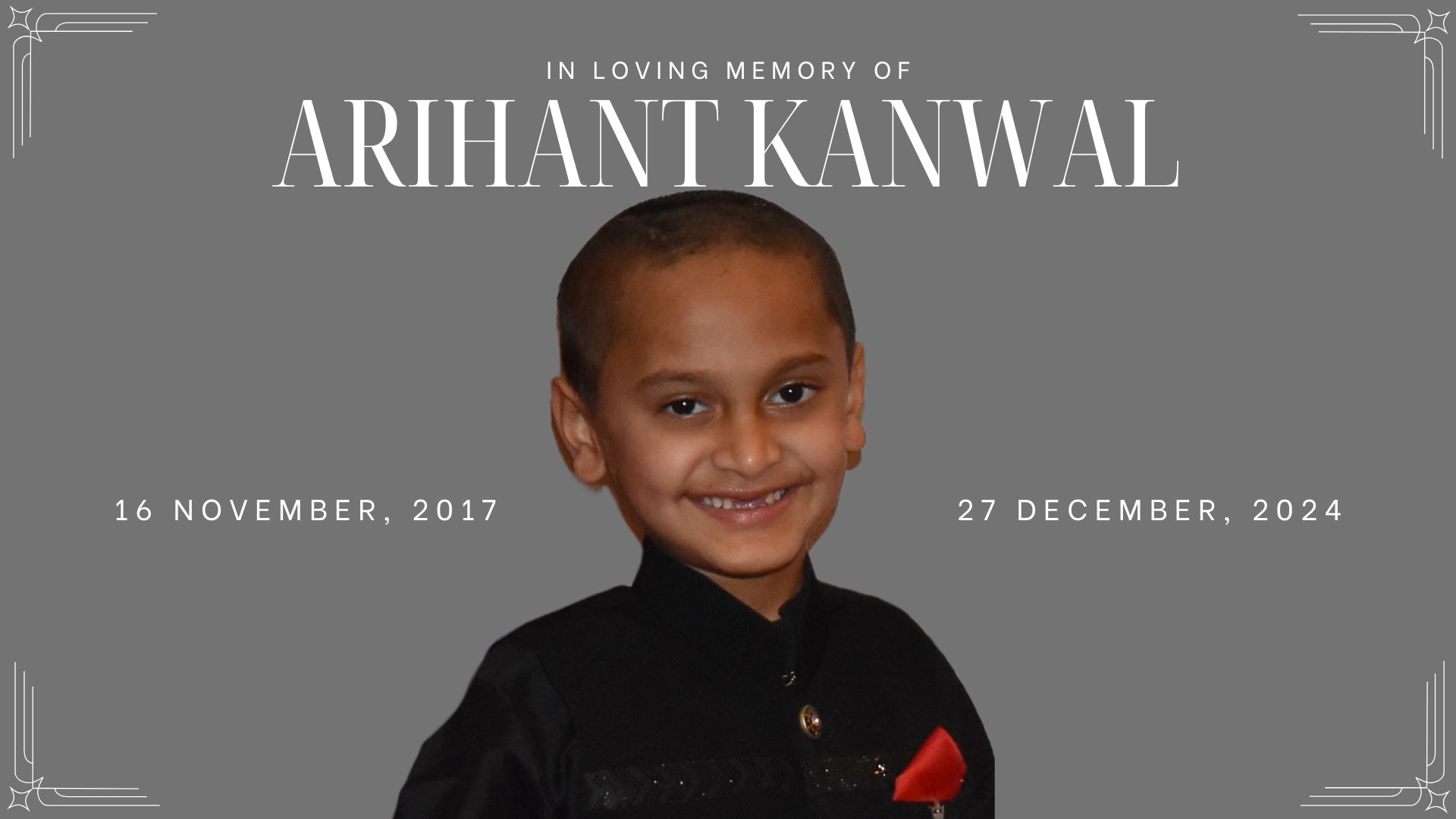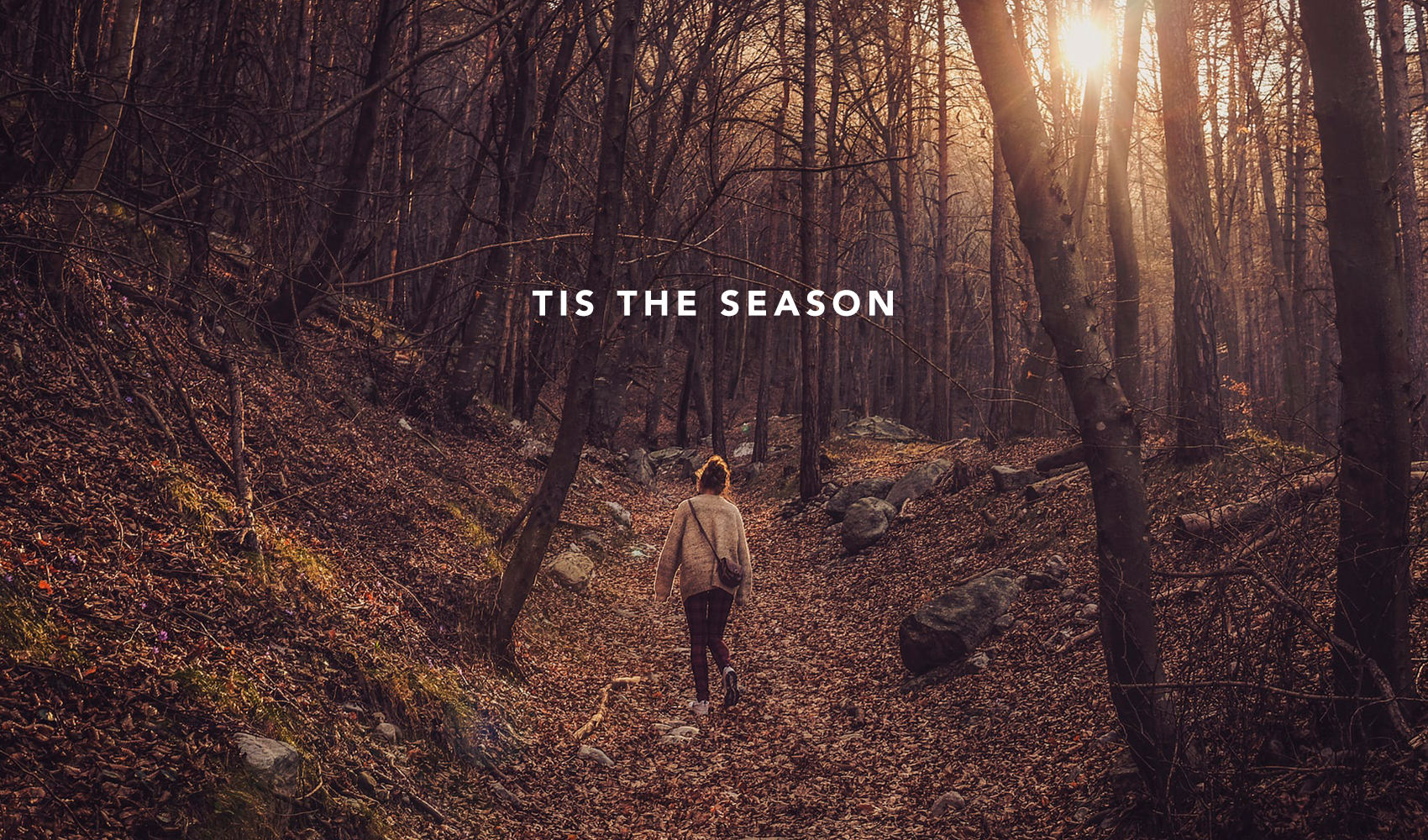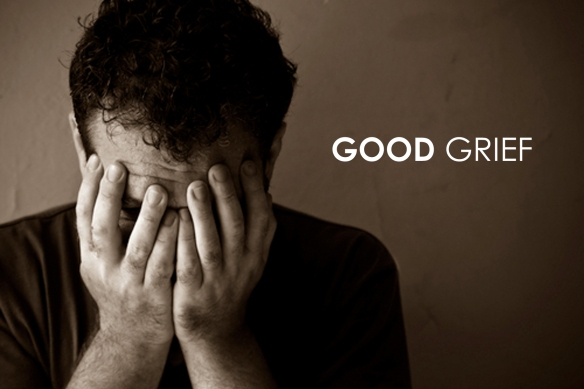In the first two months of 2025, our church has had to say goodbye to three people. And while each loss has been difficult in its own respective ways, nothing is harder than losing a child. 7-year-old, Ari Kanwal was the center of much prayer, tears, anointing, and pleading to God for deliverance from a terrible disease. Despite a full year of our sincerest prayers, and the best medical decisions his family knew how to make, we had to all say goodbye to him at his memorial on January 11 at our church, Life Valley Community Church of San Jose. Below is a eulogy I wrote for him, with the help of Ari’s mother Chavi. For those who knew him, may God continue to heal our hearts as we carry his memory with us…
In Memoriam: Arihant Kanwal
Arihant Kanwal (“Ari”) was born November 16, 2017 in Mumbai, India, and passed from this life December 27, 2024 in San Francisco, CA. While he was only with us for 7 short years, that time will leave a lasting impact on everyone who had the privilege of knowing him. Born as a twin, Ari spent his life alongside his brother, Rudy. While Rudy took to sleeping in his crib early, Ari would often stay up with mom, laying in her lap as she worked at her computer. These precious moments are one of many examples of the love Ari had for his mother, and he would cuddle her until he could fall asleep.
Ari found academic education exciting and engaging. He became focused, and grounded through learning. He thrived on creativity and academic excellence. He was very structured and meticulous – anything he worked on had to be a very organized, specific way. He enjoyed the praise of teachers, parents, and others for exceling in school. He loved solving large puzzles, building incredible Lego structures, and of course… all things Mario! When Ari went to a chess class for the very first time, he managed to grasp the concepts and intricate movements and strategic patterns of the game within an hour.
As a boy, Ari was very sensitive to conflict or tension. He seemed to be more self-aware than many other kids his age, picking up on emotional stress, even among the adults in his life. And this seemed to make Ari even more sweet, sensitive, and kind at heart. He was affectionate, giving hugs and high-fives, and was always mom’s cuddle-buddy. And, like mom, he loved Bollywood music.
It was Ari and his brother Rudy who brought their mom to church. Meeting Pastor Pat Boyd on our church campus, they came to a Candlelight service, Christmas Eve, 2021. And would later get deeper connected to the church family between Easter of 2022 and the following July. Ari loved the Scriptures, especially the Psalms, learning Bible stories, participating in children’s ministry, Sports Camps, and so much more. He came to know the story of the Gospel, and had believed on Jesus Christ as his Lord and Savior. We would often get “Connect Cards” from him where he would fill out his own information, and would write out “I love Jesus!” by himself.
Sadly, everything began to change just over a year ago, when, on Christmas Day 2023, we found out that Ari had a serious disease that was threatening his little life. And although many of the medical expertise suggested that Ari might have only a few short months, Ari fought bravely, and stayed with us for another full year. During that final year, so many from the church, school, and medical community rallied around Ari and his family, celebrating milestones, cheering on his strength, and making the best memories we could while hoping and desperately praying for a miracle. Even as the disease progressed, Ari was a gentle and kind boy. At his birthday party at school, even while he was losing much of his vision and mobility, he wanted to personally hand out the gift bags to his friends and classmates, thanking them for their love and kindness toward him on his birthday. He remained a kind, thoughtful, and sensitive young man.
His last year he got to see Legoland, take beach trips, lake trips, camping, and more – making memories with those who loved him. Among the many high points we will carry with us from Ari was when he chose to get baptized this past September 2024. Demonstrating publicly that he knew Who he had believed in. We will forever be grateful for those memories, and so many others.
While we are grieved to say goodbye to him, the world is a better place because we had Ari for the time that we did. Only Heaven knows what his sharp mind and kind heart could have accomplished, had this terrible disease not taken him from us. And yet, our confidence is in the potential that still remains with us, as we honor his memory. We continue to keep his family, church, and school deep in our prayers as we carry the memory of his life, and grief of his passing with us always.




